Living in Makhanda
Living in Makhanda

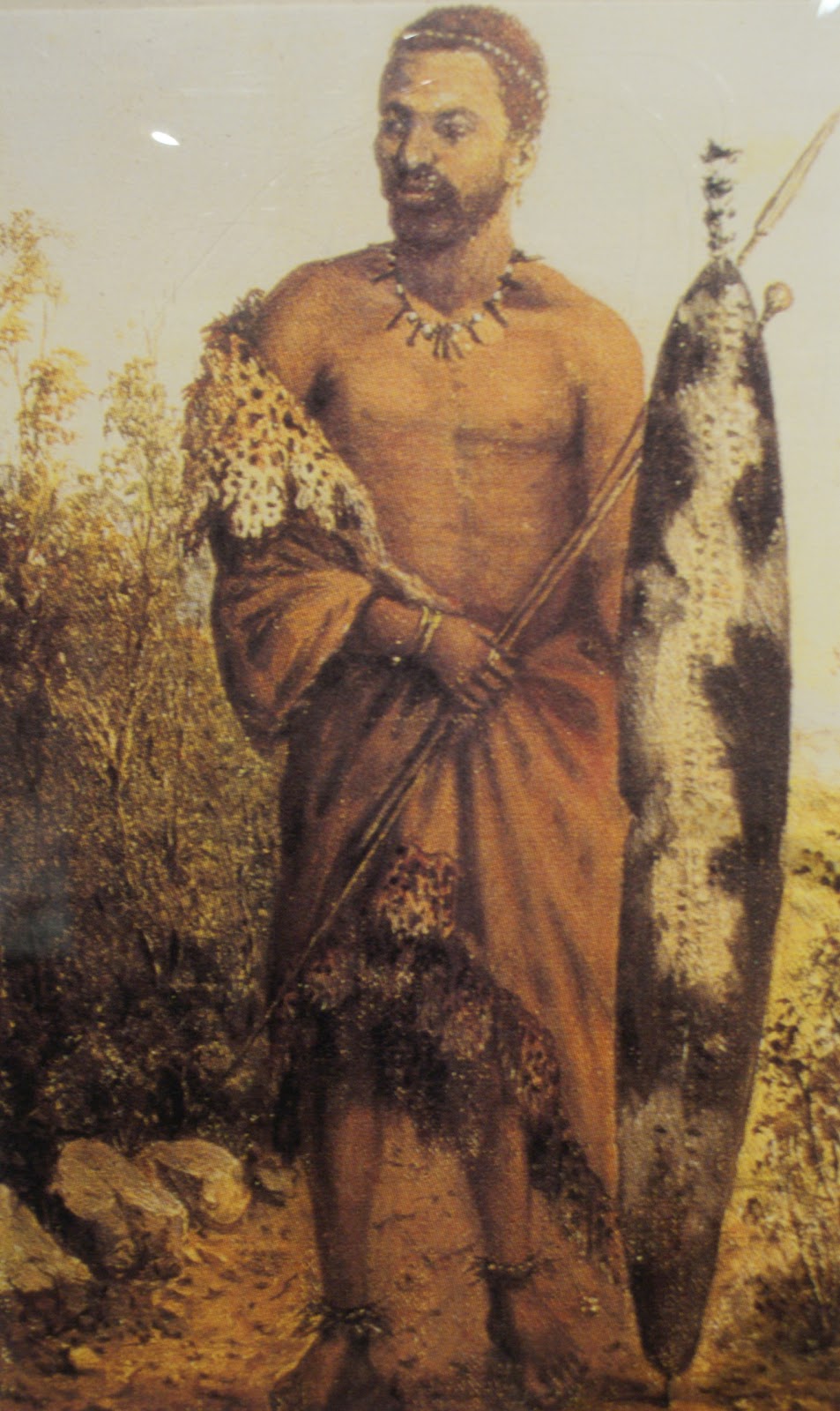
Why ‘Makhanda?’
After a 20-year old call to change Grahamstown’s name due to many residents being opposed to the painful history Colonel John Graham epitomised, the town’s name changed from Grahamstown to Makhanda on 29 June 2018. The new name is in honour of Xhosa warrior and prophet Makhanda ka Nxele. The minister of Arts and Culture at the time, Nathi Mthethwa, expressed the importance of name change “it is the Truth and Reconciliation Commission that recommended the renaming of geographical features be a form of symbolic reparation to address an unjust past.”
“Rhodes was the most intensely satisfying experience ever”
Tendai N
Management & law
A guide to living in Makhanda (Grahamstown)
G’town or G’Vegas are terms Grahamstonians (Residents of Makhanda) and Rhodents/Rhodians (Rhodes University students) use to refer to the small town in the Eastern Cape they (and possibly you) chose to call home. Whether you’ve just arrived or have been here for 5 years, this is a guide that’ll help you with the ins and outs of Makhanda and Rhodes culture, a unique setting that often revolves around the university and its students.
“Rhodes is a highly contentious institution with (often necessary) conflict happening at all levels around all kinds of issues. But it’s also a place to find genuine peers, rivals, and mentors, who exponentially drive your personal and academic growth”
Kyra d
English
What’s “Rhodes Culture”?
Living in Makhanda
Security on-and-off campus

From Rhodes Website on campus Security
Rhodes University is a safe campus. Despite having no visible boundaries between the campus and town, students are safe to walk around all areas of the Rhodes campus at any time of the day or night. The campus is guarded by the Campus Protection Unit (046 603 8146) located just next to Hobson Hall. The Unit is open 24 hours per day and provides highly visible patrols on campus.
Website: Campus Protection Unit
Security in Makhanda, on and off campus is a big deal in this small community. It’s not perfect, and let me not lie to you by telling you that there haven’t been horrible incidents in the past. You are walking into a space much like the rest of South Africa, and the world, where theft, rape, and violence does exist. The best advice any of us can give is not be ignorant about it. Makhanda is a relatively safe place to walk round in, compared to many other towns in the Eastern Cape. There is always movement in the streets, and for the most part people will just be going about their day. Walking home from the bar at night by yourself? Ask a group of students around you if you can walk with them, or ask a security officer to walk you home. If you feel unsafe or uncomfortable somewhere, call Hi-Tech security (the private security company ofMakhanda) and they’ll assist you. If you live in digs, call them to patrol your street, and check your alarm system often, make sure your gate is closed before you leave or come into your house.
Campus has panic buttons starting from the Humanities Department all the way up-hill and around the reses. There are two routes ‘red and blue’ where you can walk alongside these buttons. They alert campus security if you press them and they’ll come to your aid. It’s also important that you don’t press them as a joke as you will be liable for a serious fine.
“Rhodes is a great place to reinvent yourself and meet diverse and interesting people”
Simon R
Financial Management
Small community, big heart
Makhanda is known for its intimate relationships within its community. More often than not, people will do their best to help you out. Needs boxes for packing up your things to store in the box room at res? Head down to Pepper grove mall and ask around for boxes. Need directions to Peppergrovemall stop a fellow student and they’ll be happy to let you know. Your cat is stuck in a tree? Ask for a ladder on the multitude of Facebook pages or call the fire brigade. Most of us have been where you are, coming into a new country, a new town, and a new culture. Being open to Makhanda lifestyle and the benefits it offers may mean enjoying your stay here much more. Restaurants, clinics, grocery stores, fast food places, pharmacies etc. Are all within walking distance.
“While the people I’ve met at Rhodes have been some of the best people I’ll probably ever meet Rhodes and Grahamstown as a whole has taken me probably to the lowest low I’ve ever been to mentally and emotionally”
Devon S
Organizational Psychology
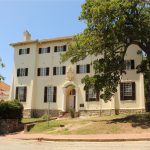
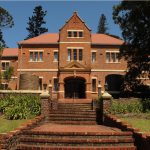
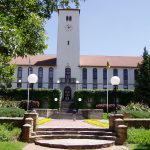
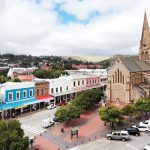

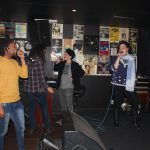
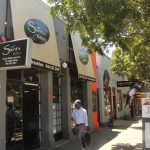
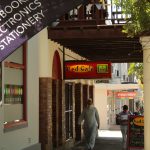

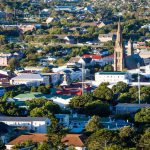

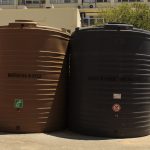
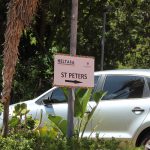



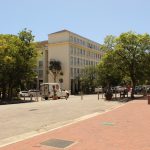
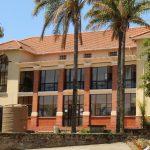

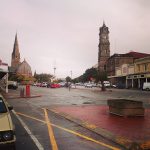
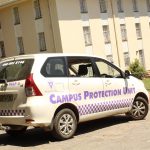
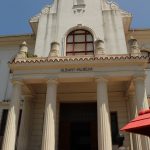
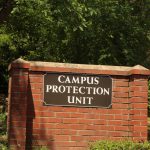

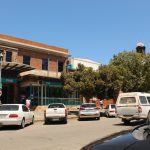
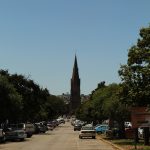
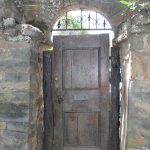
Previous
Next

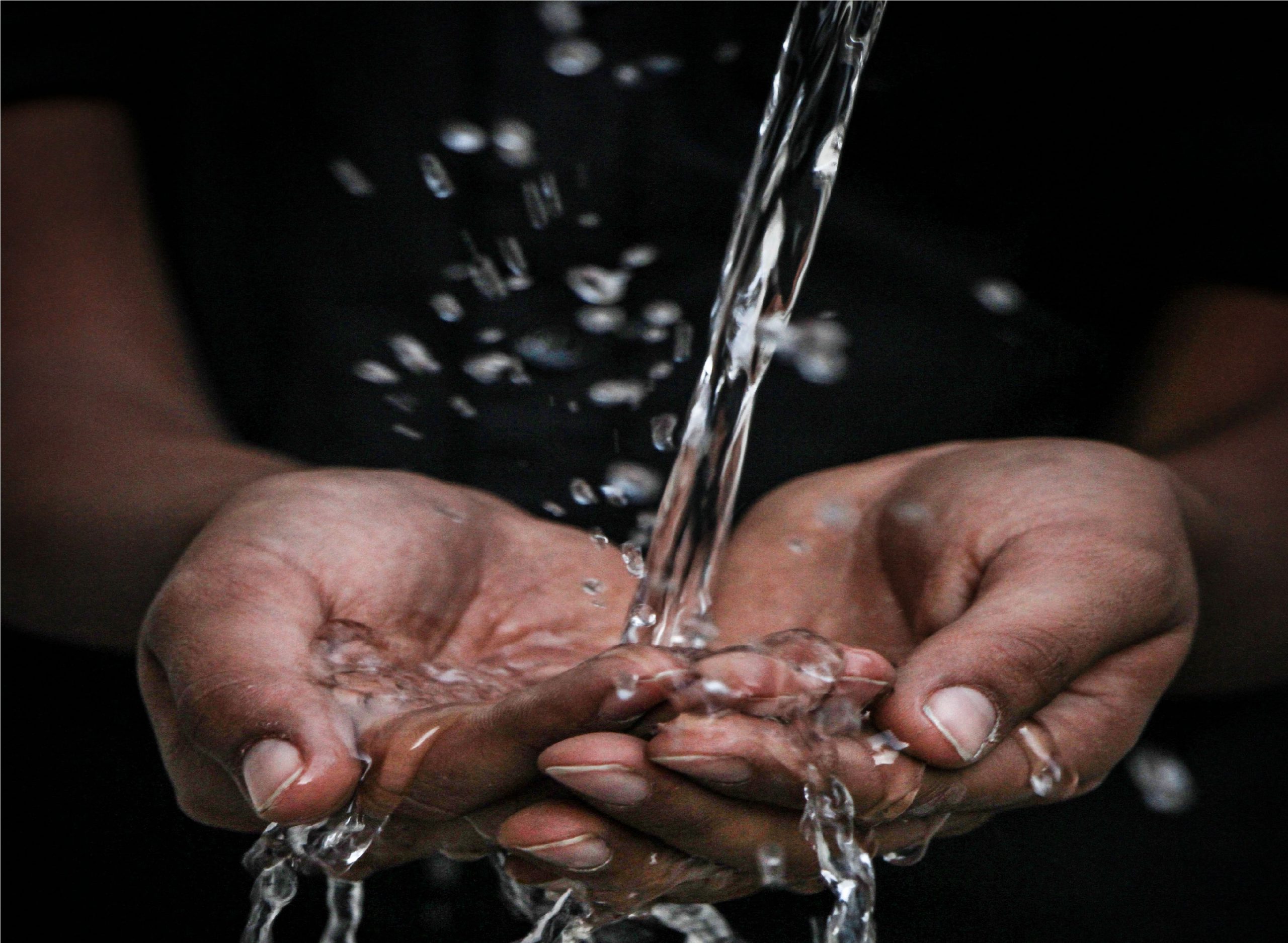
“Rhodes was a transformative experience. I became accepting of people for who they are and was amazed at the patience and care that the lectures show”
Jessica S
Biochemisty
Water usage
One of my biggest fears coming to Makhanda is that the town has been drought stricken for years. In early 2019, Makhanda was on the verge of “day zero” where our dams and rivers, and water supply were dried out, and there was a hard limit to how much water we could use. This restriction was in order to make the little supply we had left, last us longer. Since then the water crisis has depleted, but make no mistake that the town is still in tension with its relationship with water supply. You will often find water restriction pamphlets and posters in and around campus and in town. If you’re unsure, ask your sub wardens, or if you live in digs, refer to theGrahamstown Facebook Page where most of that information is highlighted.
Getting water in Makhanda is another issue. You do have options. Drinking water can be found at the “the fountain”, a little waysoverthe bridge on your way to Port Alfred. If you have a car, or your friend has a car, find a way of getting up there and fill up as many 5l as you can. You can also go to Pick n Pay, Spar and Oasis (see on map) for re-fills, which will cost you just over R1 a litre. You can also get water delivered to your res or digs through Oasis. Call their company (insert link) to arrange their water truck to come passed your house. If you live in res, they’llhave set times they deliver, so check with a sub warden and look out for posters and news on that front
Getting with the lingo
You’ll find that Language in Makhanda can both divide and unite its inhabitants. As all cultures do, Rhodes culture in particularhas different ways of referring to places, things, and people. Some of these are widely used all around South Africa, and some are unique to where we live. For example, if you say “I’m going to the BP” that doesn’t always just mean you’re filling up your tank, it can also mean getting snacks at the Spar that adjoins the petrol station. “Kaifonomics 101” may sound like a class, but it’s more of a pastime in between classes, held every day at the Kaif, outside the library, by the quad. At times you’ll find walking all the way home and all the way back when you have a period between classes is tiring, and you might want to opt for sitting in the sun and chatting with friends while you wait for the next class to begin because it’s so well situation on campus. “I’ve got a dawnie” is a favourite amongst topics of complaint, and can be a very useful excuse to get out of a games night in the common room where that monopoly game is never ending. A dawnie is a 7.45 class, the earliest you could get which often means getting to breakfast very early, or skipping out if you’re running late.
If you find yourself in a situation where South African lingo, or “Garahamstownlingo” sounds a bit odd, stop and ask any of your group. It often leads to a half hour conversation on how different things are called around these parts, with hopefully a few laughs along the way.
Note: “up the hill” refers to the reses passed the Africa Media Matrix on campus; these are located in a hilly part of Makhanda.
Under Pressure
Academic and social pressure is a huge part of living in Makhanda. Because it’s so small, you’ll find that bumping into friends, other students and lecturers around town is unavoidable, unless you chose to spend your time in your res room as I often did in second year. There is a constant reminder of the academic pressure to do your work fast and efficiently, and well. Tests and assignments, tutorials which you cannot miss, and 45 minute lecturers that you have to pay attention in, no matter how much you want to fall asleep.
There is also a huge amount of social pressure that you might encounter. Our small, innocent looking town is notorious for its huge drug and alcohol culture. The “jolling culture” goes from O-week (orientation week), to suicide Sundays (the Sunday you return to campus, to O-term (yes, an entire term usually in third term where the amount of partying skyrockets because you have no exams).
It all becomes a balancing act, and however you chose to spend your free time, it is just that, your choice. We all have different schedules, and whilst you might feel left out while your friends go smoke weed at the botanical gardens on a Sunday, if it’s not your thing, either don’t go, or just tell them you’re not into it. 9 times out of 10 you’ll find that your good friends won’t care whether you drink or not, smoke or not, have sex or not, and “let you do you boo.”
Some academics
The staff at Rhodes are usually easily accessible because of the low student-to-lecturer ratio. We’re not a big university compared to others in South Africa like UCT or Wits. This means you can speak to your lecturers about any academic issue you’re having. You will also be assigned a tutor for every course that you take. They’re students, just like you, although they’ll be at a higher level than you academically. They’ll take you for tutorials are the perfect people to speak to me any queries you may have about the course content, if you don’t want to go to the lecturer directly. If you need academic support, don’t hesitate to speak to either you lecturer or your tutor. The university strongly encourages you to speak to relevant people that can assist you, whether that be your wardens or sub wardens in res, your dean of faculty which can usually happen with an appointment (all you have to do is email them) or even pop into the international office.
The best point of entry is usually student affairs: Director of Student Affairs -Office Tel: +27 (0)46 603 8181 E-mail: studentaffairs@ru.ac.za

